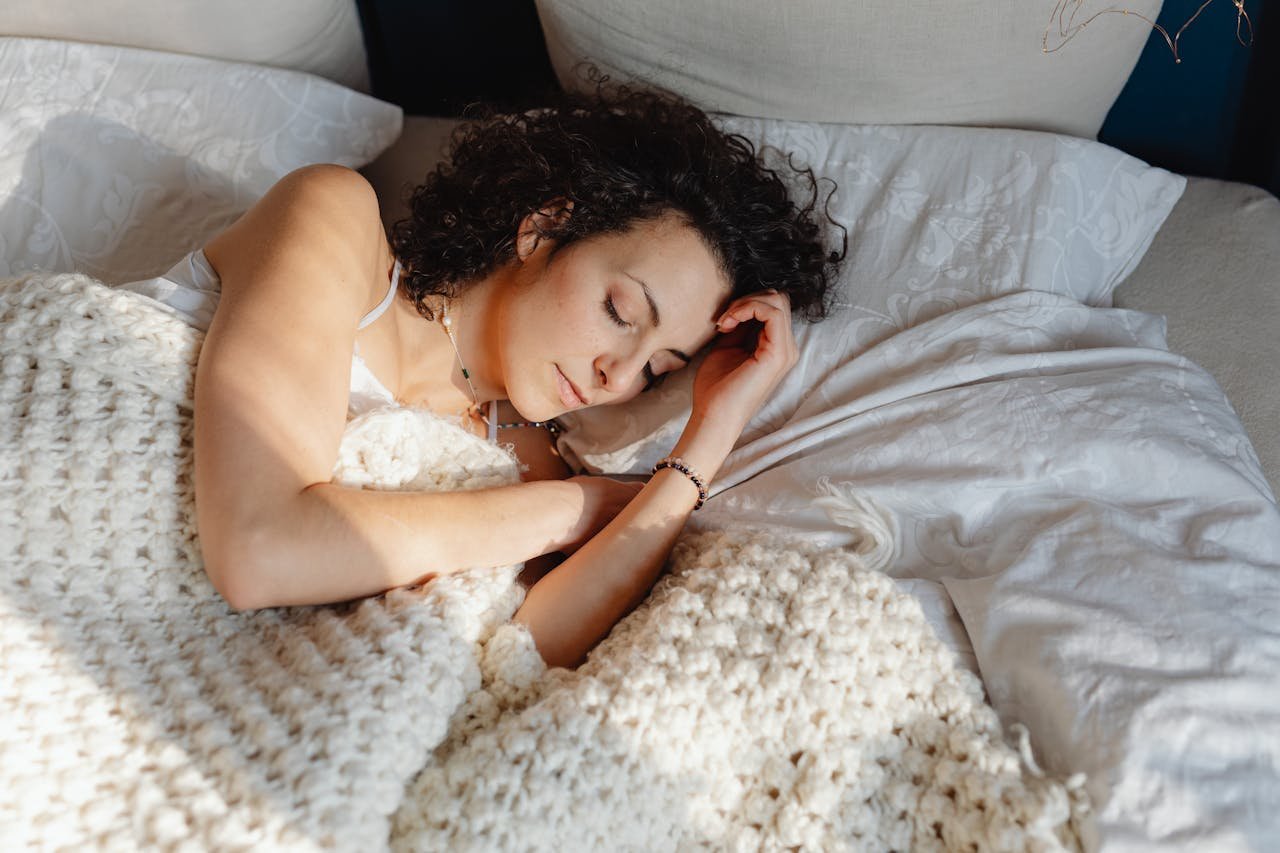Why Sleep Is So Important for Your Mental Health
Everyone talks about getting more sleep, but how many understand how important this commitment is? Both the quantity and the quality of your daily sleep are life-changing. For starters, there are the obvious physical results. Without enough uninterrupted sleep, the average person will struggle with fatigue and brain fog and be more susceptible to a wide range of ailments. Those able to consistently achieve quality and quantity of sleep, on the other hand, typically do better when it comes to cell repair, cleansing toxins, and feeling more energy.
But this is only half of the equation. Your sleep patterns very much shape your psychological and emotional life. From consolidating memories to regulating emotions and beyond, sleep is a major component of mental well-being.
Sleep Deprivation and Mental Health
The statistics are too voluminous to share in full, but here are some samples. About one-third of people queried report that they have trouble sleeping. This has been found to lead to daytime sleepiness, compromised concentration, anxiety, irritability, memory lapses, and a lessened desire to be physically active. More specifically, of the U.S. adults with good sleep habits, over 90 percent report having no symptoms of depression. But over two-thirds of those who say they are unhappy with their sleep routines show at least mild depressive symptoms.
While we sleep, our brains basically do housekeeping. We wake up with toxins eradicated, memories properly stored, hormones released on schedule, and cognitive skills on point. If any of these fundamentals are negatively impacted by a lack of sleep, it will have a direct effect on our mental health.
Translation: It’s time to start treating sleep with the same urgency we prioritize healthy eating choices, proper hydration, regular exercise, and general stress management.
And It Goes Both Ways
Sometimes, the reason we struggle to maintain a sleep routine is that we already have a mental health issue. It might be an anxiety disorder, post-traumatic stress disorder (PTSD), schizophrenia, bipolar disorder, or countless others. This has the potential to set a dangerous cycle in motion. Lack of sleep exacerbates an existing condition, which, in turn, causes more sleep disturbances. Consider this to be one of many reasons to consult a professional. In the meantime, however, there are some very helpful lifestyle changes you can make.
A Few Self-Help Steps to Improve Your Sleeping Patterns
Here’s the universal advice: Keep a consistent sleep schedule. Go to bed every day at the same time and wake up at the same time — even on days off. To build on that, here are a few tips:
Set up your bedroom in such a way that it will enhance your sleeping experience. Discover what you like when it comes to noise levels, light vs. darkness, temperature, etc. Then make it happen. This includes choosing pillows, sheets, blankets (weighted or otherwise), and anything else that can affect your sleep time.
Avoid eating or drinking once you get within two hours of bedtime.
Be sure to exercise at some point during the day, but again, within two hours of bedtime. Gentle yoga or stretching can be the exception.
Turn off your devices long before you turn off your lights. The only exception to this crucial boundary is if you choose to use an app for sleepy time meditation.
Keep in Mind That You May Need Some Outside Help
Try to integrate the suggestions above. But if sleep issues become chronic if these issues might be the side effect of a pre-existing mental health condition, talk to an anxiety therapist. Unhealthy sleep habits can become a catalyst for so many other problems. I invite you to nip these possibilities in the bud and reach out soon.


